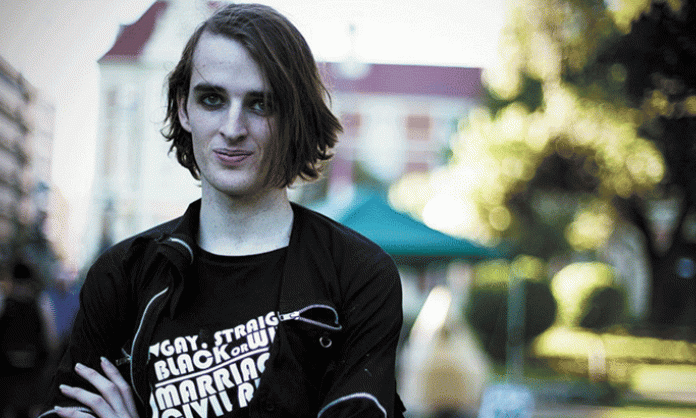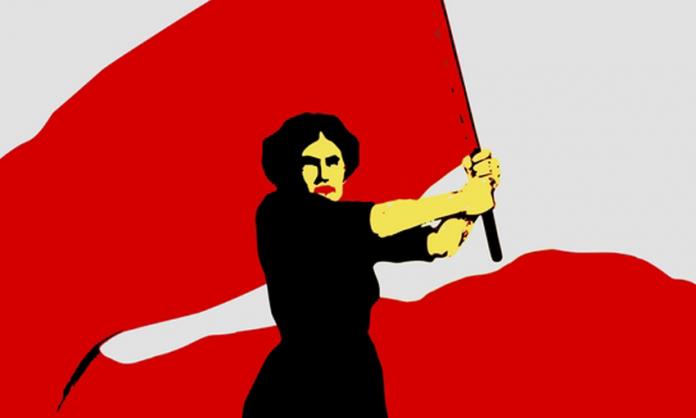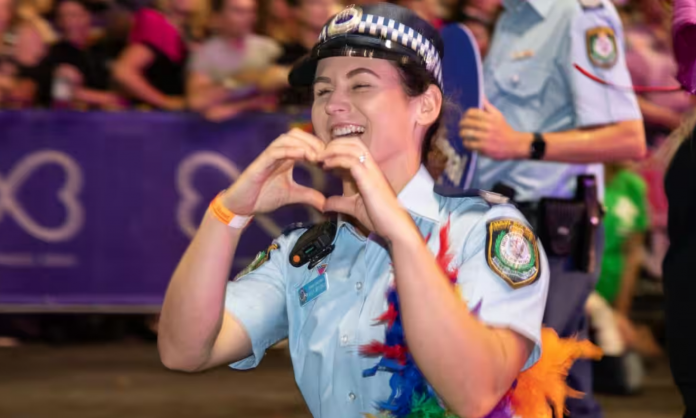As a young trans person living in Perth, my experience attempting to find housing illustrates the discrimination that transgender people face on a daily basis. I’ve been rejected from share-houses on the basis that the advert specified they were looking for a female and I don’t “fit that criterion”. Several times I was rejected on the basis that the house was looking for “real girls”.
When I sought their assistance, Youth Futures, Western Australia’s TINOCA (Teens In Need Of Crisis Accommodation) service, informed me that it is their policy to house young people with people of the same physical sex, regardless of gender identity. I was refused access to the service because I objected to this policy. A different service hung up on me after telling me that they only had spaces for females (evidently I didn’t sound female enough).
Perth Inner City Youth Services is currently the only youth crisis accommodation service in Western Australia that has a specific LGBTI program. It currently has a waiting list of well over six months. This is little comfort to any young trans person with nowhere to go.
Until very recently in WA, there was only one psychiatrist who dealt specifically with transgender patients. There are now two in the entire state who accept referrals. Before beginning hormone therapy, it’s a legal requirement that you have a referral from a psychiatrist. The dire lack of qualified professionals means that obtaining this referral can take many months or even years.
While initially attempting to access services to help me transition, I came across a “youth specialist” who after three sessions informed me that he had only ever met one other person my age who identified as transgender. He then went on to explain that he had convinced this person that it was not in their best interests to transition and that consequently he neither could nor would help me.
In addition to this, my experiences with doctors from whom I’ve sought assistance for other issues made clear the serious lack of suitable health care for trans people. I was admitted to hospital in December last year with an admission document that, I later found out, described me as a “transitioning transvestite”.
I was also told by another doctor that though the staff were aware of my status as a trans person and aware that I identified as female, I would have to constantly remind people and correct them if they misgendered me. This same doctor also asked me whether I planned to have genital surgery, regardless of the fact that this had no relevance to the issue I was hospitalised for.
Life as a transgender or gender diverse person is often characterised by difficulty and discrimination. Family rejection, homelessness, depression, attempted suicide – these are a regular part of our existence.
There are, however, rays of hope. The campaign for equal marriage rights provides both a source of inspiration and a platform from which other issues faced by LGBTI people can be addressed.
Let’s use that platform and fight against the oppression that we face. The history of the LGBTI struggle has taught us that things change only when we stand up and make it happen. Let’s organise and fight right now.









